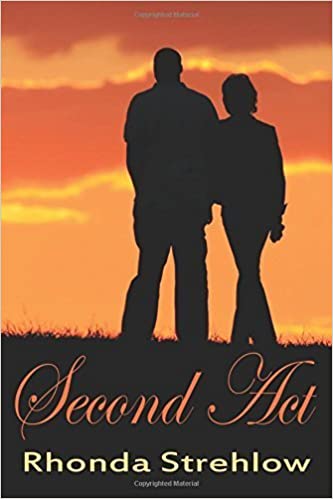By Lawrence Wilson
Whenever I experience a lack of motivation, ideas, or energy (which sometimes occurs daily), I look over my collection of exercises and prompts to help get started.
Going back to my high school typing class, I did manage to type 40 or so words a minute without looking at the keys. Using this tool as a writing exercise, I sit quietly for a few minutes and then begin to type. Eyes closed. Letting any and everything that fires through the neurons wind up on paper.
If I don’t lose my place on the keyboard, it usually ends with a jumble of words and phrases that may or may not resemble a theme. It really doesn’t matter. It’s spontaneous, gets the mind and fingers working in synch. Most of the time, it gets deleted afterward.
Another exercise is the six-word memoir. One of the more famous of these, “For sale, baby shoes, never worn.” (Ernest Hemingway). My own: “Hearing the call, afraid to answer.” Or “I married up, she did not.”
Word prompts are much the same kind of mental exercise for writing. These can either be timed or have a defined word count. I try to make it to 500 words.
I have just perused through some old prompts and found some that are rather good and could be developed.
‘Pitching a Frog’, for example. I don’t even remember what the prompt was, but it has the makings of an excellent short story. Another I found, ‘The Secrete Planet’. I called it “Orangetang”, a collection of all the citrus fruit drinks the astronauts couldn’t stomach and thus, jettisoned them so NASA wouldn’t find out. All prompts do not a story make.
Others have made it into the collection of my book, ‘Catching Chickens’. ‘The Door’, ‘Friends’ (the prompt was something about seeing a man on a ledge).
There are many sources of prompts and exercises available on the Web. Here are just a couple of them.
- ‘The Author’s Publish Compendium of Writer’s Prompts’, http://www.authorspublish.com/writing-prompts-compendium/
- Writer’s Digest Magazine has many links to prompts. In one contest, they provide the photo, and you write the first storyline. The winners are published in the next issue.
- As with anything else writing, all you must do is enter the keywords, “writer prompts,” and AI will find more than you ever wanted to know.

